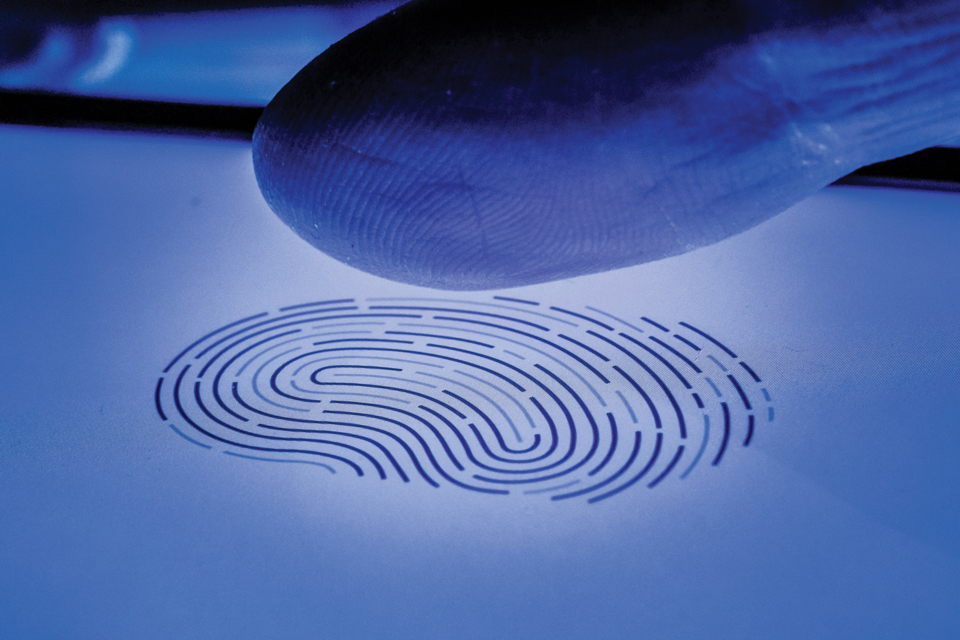For Lithuania, the journey from laggard to leader in anti-money laundering (AML) began in July 2019. At the time, a toxic pall lay over the Baltic banking sector. That banks in Latvia and Estonia were conduits for dirty money had been an open secret for decades.
A few months earlier, Thomas Borgen, chief executive of Danske Bank, quit in the wake of a €200 billion money laundering scandal linked to the Danish lender’s Estonian operations.
Access intelligence that drives action
To unlock this research, enter your email to log in or enquire about access






